Application for ATCvet alterations
As the range of preparations available is continually expanding, regular revisions of the ATCvet system will always be necessary.
Changes to currently valid codes should be kept to a minimum. A gap in the sequence is preferable to changing existing codes. Before alterations are made, the difficulties they may cause for users of the ATCvet system should be considered and weighed against the possible benefits.
Specific ATCvet codes will be changed if new relevant ATC codes are established. ATCvet codes should be identical to the corresponding ATC codes whenever possible, the only difference being the additional Q at level 1.
- Revisions of human ATC codes are normally incorporated in ATCvet.
- Old ATCvet codes for deleted preparations will not be used for any new substances.
- When a group is changed, consideration should be given to whether certain substances or parts of other groups (e.g. from group QV) could be included in the new group.
The guidelines on ATCvet classification are updated in accordance with changes made to the ATC system.
Procedure for alterations
Any proposals for changes to the ATCvet system should be made and explained in writing, and addressed to the WHO Collaborating Centre for Drug Statistics Methodology.
All proposed changes will be scrutinized by experts and discussed by the ATCvet Working Group before a decision is made.
Last updated: 2023-12-21

